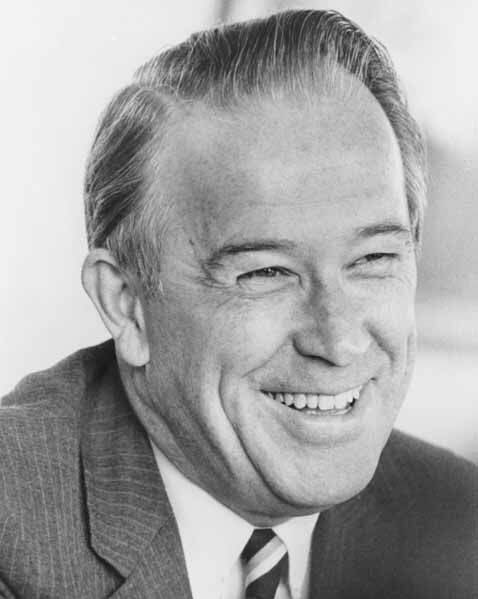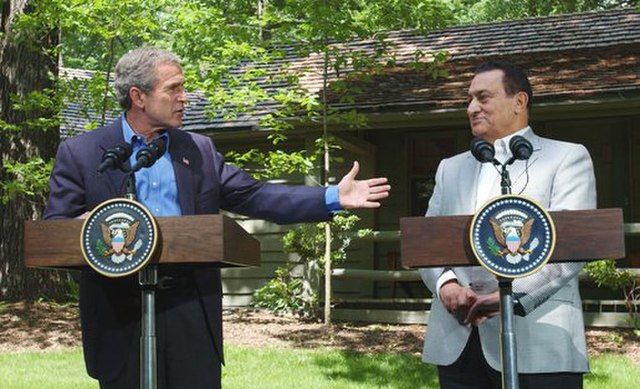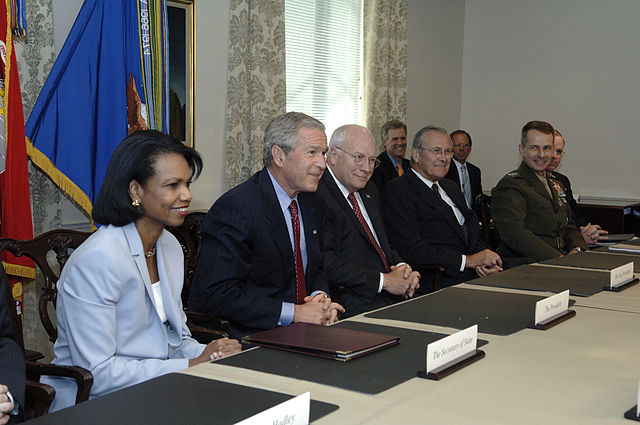Joshua Muravchik is a neoconservative political scholar. He resides in Washington, DC based World Affairs Institute, he is also an adjunct professor at the DC based Institute of World Politics and a former fellow at the Foreign Policy Institute of Johns Hopkins University’s School of Advanced International Studies (SAIS). He was formerly a fellow at the George W. Bush Institute (2012–2013), a resident scholar at the American Enterprise Institute (1987–2008), and a scholar in residence at the Washington Institute for Near East Policy (1985).
Muravchik in 2013
Neoconservatism is a political movement that began in the United States and the United Kingdom during the 1960s during the Vietnam War among foreign policy hawks who became disenchanted with the increasingly pacifist Democratic Party and with the growing New Left and counterculture of the 1960s. Neoconservatives typically advocate the unilateral promotion of democracy and interventionism in international affairs, grounded in a militaristic and realist philosophy of "peace through strength." They are known for espousing opposition to communism and political radicalism.
Senator Henry M. Jackson, an inspiration for neoconservative foreign policy during the 1970s
Jeane Kirkpatrick
During November 2010, former U.S. President George W. Bush (here with the former President of Egypt Hosni Mubarak at Camp David in 2002) wrote in his memoir Decision Points that Mubarak endorsed the administration's position that Iraq had WMDs before the war with the country, but kept it private for fear of "inciting the Arab street"
President Bush, VP Dick Cheney, and Secretary of State Condoleezza Rice meet with Secretary of Defense Donald Rumsfeld and his staff at the Pentagon, 14 August 2006





